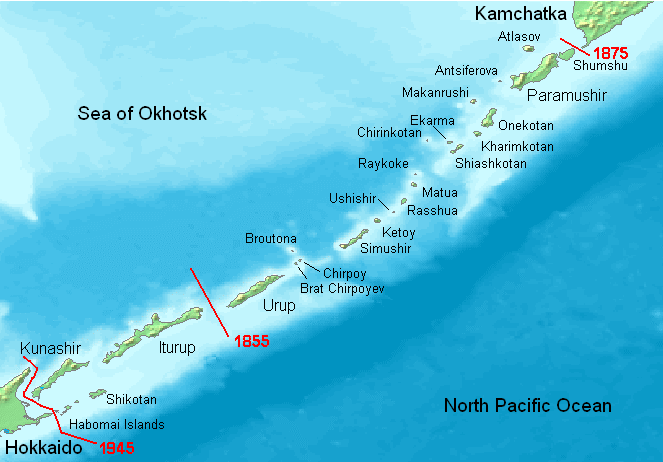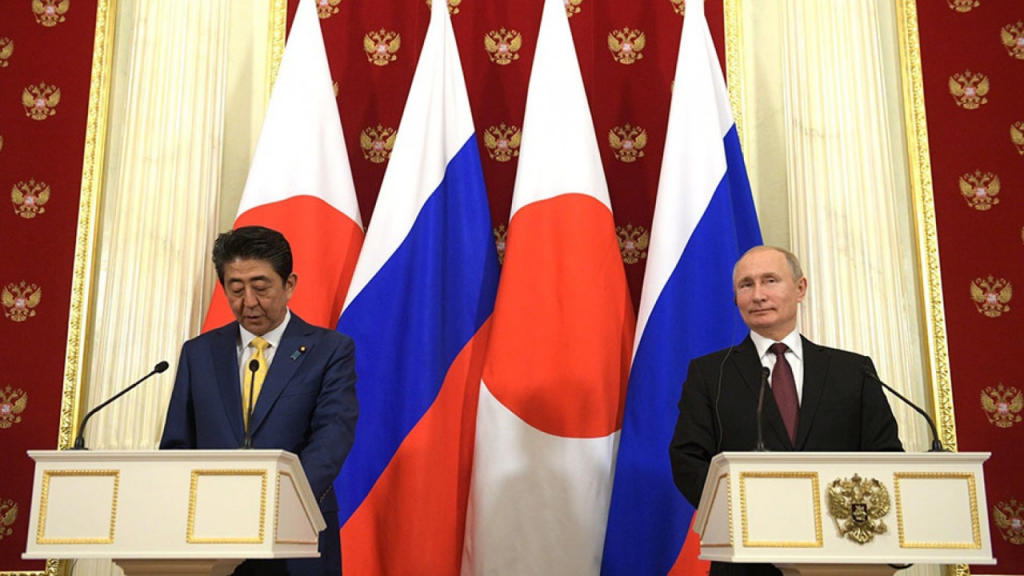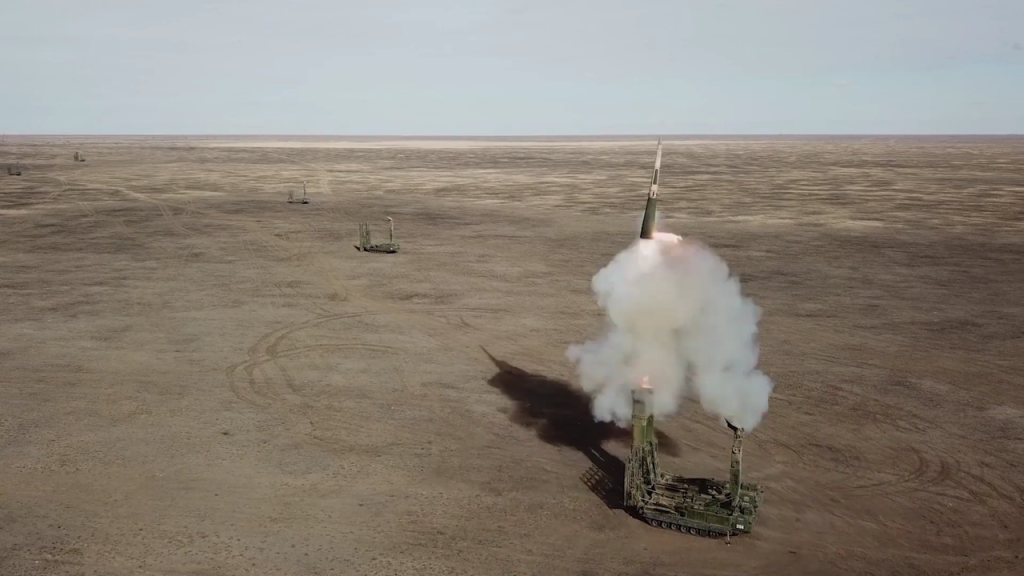Russia deploys S-300 Missiles to Kuril Islands
On Tuesday, December 2nd, the Russian Ministry of Defense confirmed that the S-300V4 surface to air missile (SAM) system has been deployed to the Kuril Islands. With one of the Russian-controlled isles being less than 5 miles from Hokkaido (The northernmost of Japan’s 4 major islands), the move comes against the backdrop of a long-running territorial dispute over the islands and has drawn immediate protests from Tokyo.
The deployment comes as part of a larger Russian build up on the archipelago. Though the system is formidable and most definitely a thorn in Tokyo’s side, it must be considered that in case of an actual conflict, the southern Kuril islands would be indefensible. Even without American support, Japan should be able to achieve overwhelming local superiority in the initial stages of a conflict, cutting off and perhaps retaking the islands while the Russians attempt to mobilize and concentrate forces spread across their vast territory. Thus, the move should be seen primarily as political in nature.

Before World War II, the 800-mile-long island chain which stretches all the way to Kamchatka was, as a result of an 1875 treaty, under Japanese control. The aftermath of World War II, however, saw the islands annexed by the USSR alongside southern Sakhalin island. Despite a 1956 ”joint-declaration”, the two countries never signed a peace treaty, primarily due to the failure to resolve the territorial dispute over the islands. Japan continues to claim the four major Kuril islands closest to its border (and a few smaller islands) which had been officially considered Japanese possessions since Japan and Imperial Russia established diplomatic ties in 1855. Russia remains unwilling to give up its gains.

Since then, there had been a number of initiatives to break the deadlock, including a diplomatic push by Shinzo Abe administration which resulted in talks between the Prime Minister and Vladimir Putin. While a compromise which would see Russia retain the larger Iturup and Kunashir while returning Shikotan and the Habomai islands was hoped for by some, there is not much reason to expect a resolution. For Japan, accepting such a compromise would mean abandoning its claims of illegal Russian occupation of the Southern Kurils and its claim on the two most significant islands. For Russia, ceding land would be massively unpopular with the public and potentially hurt the nation’s legitimacy as a global power.

